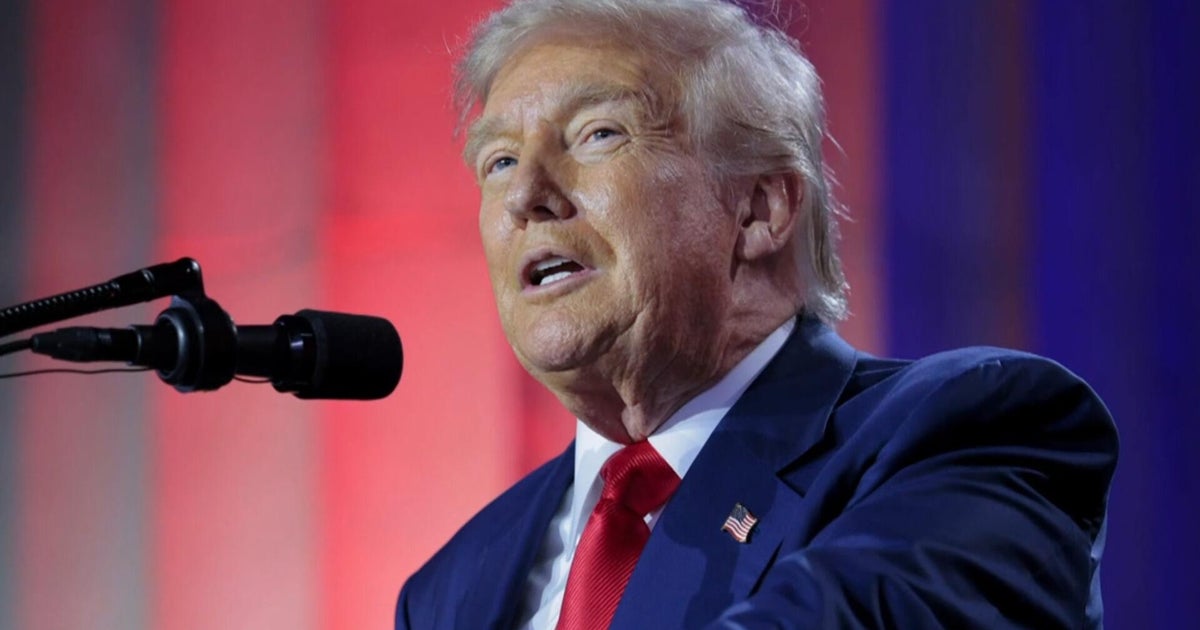Whatever new we may learn about President Trump's relationship with Jeffrey Epstein, we have learned something about his relationship to the presidency. Presidential norms are usually something he enjoys breaking. When it comes to Epstein, he embraces them. "…
Why it matters
- The evolving narrative around former President Trump's ties to controversial figures like Jeffrey Epstein sheds light on his overall approach to presidential conduct.
- Trump's relationship with Epstein contrasts sharply with his general tendency to disregard established political norms.
- Understanding this dynamic can provide insights into the broader implications of leadership behavior in the White House.
In recent discussions surrounding former President Donald Trump's associations, particularly with the late Jeffrey Epstein, a significant theme has emerged: the juxtaposition of Trump's behavior with traditional presidential norms. While Trump has often been characterized as a figure who flouts conventions, his relationship with Epstein reveals a more complex adherence to the unwritten rules that govern presidential conduct.
The scrutiny of Trump's connections to Epstein, who was convicted of sex trafficking and charged with numerous other offenses, has reignited debates about the ethical responsibilities of political leaders. Historically, American presidents have been expected to maintain a certain decorum in public and private life, reflecting a standard of behavior that upholds the dignity of the office. However, Trump's interactions with Epstein, as highlighted in various reports, suggest a selective adherence to these norms.
Trump's past remarks about Epstein, including statements that suggested a friendship, have raised eyebrows. While he has claimed to have distanced himself from Epstein as the latter’s legal troubles mounted, the initial association and Trump's subsequent comments have drawn attention to a willingness to engage with controversial figures. This behavior stands in stark contrast to the expectations placed on a sitting president, who is often viewed as a moral compass for the nation.
As investigations into Epstein's activities and his network continue to unfold, the implications for Trump become increasingly significant. The former president's ability to navigate the fallout of his associations, without facing the same level of scrutiny as some of his predecessors, poses questions about accountability and transparency in leadership. Observers note that Trump's reluctance to fully denounce Epstein, even amid mounting evidence of the latter's criminal behavior, exemplifies a broader trend of evading responsibility that has marked his tenure in office.
Moreover, Trump's relationship with Epstein can be seen as emblematic of his broader political philosophy, which often prioritizes personal loyalty and relationships over established norms. In a political landscape where ethical boundaries appear to be continuously shifting, Trump's interactions with Epstein highlight the challenges of maintaining integrity within the highest office. Political analysts suggest that this dynamic could influence how future leaders approach their own relationships and the standards they set for themselves and their administrations.
In light of these factors, the narrative surrounding Trump and Epstein serves as a case study in the complexities of presidential behavior. It raises critical questions about how personal relationships can shape political decisions and the extent to which leaders can be held accountable for their associations. As the legal ramifications of Epstein's actions continue to reverberate, the implications for Trump’s legacy and the presidency as an institution are profound.
The public's perception of these associations is also crucial. Many voters are increasingly concerned about the character and ethical standards of their leaders. Trump's ability to navigate these relationships without significant political fallout challenges conventional wisdom about the political consequences of such associations. It reflects a shift in the political landscape where traditional consequences for ethical lapses are not as definitive as they once were.
Ultimately, the exploration of Trump's connections to Epstein is not just about one man's relationships but about the broader implications for presidential conduct and the expectations of future leaders. As the discourse continues, it is essential to scrutinize how these dynamics may influence the future of American politics and the standards that voters expect from their elected officials. The relationship between Trump and Epstein is a lens through which we can examine the evolving nature of the presidency and the ongoing dialogue about ethics, accountability, and the role of personal relationships in governance.











